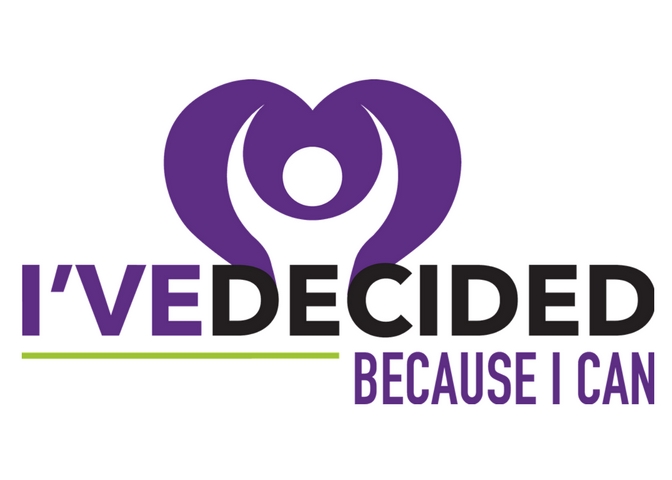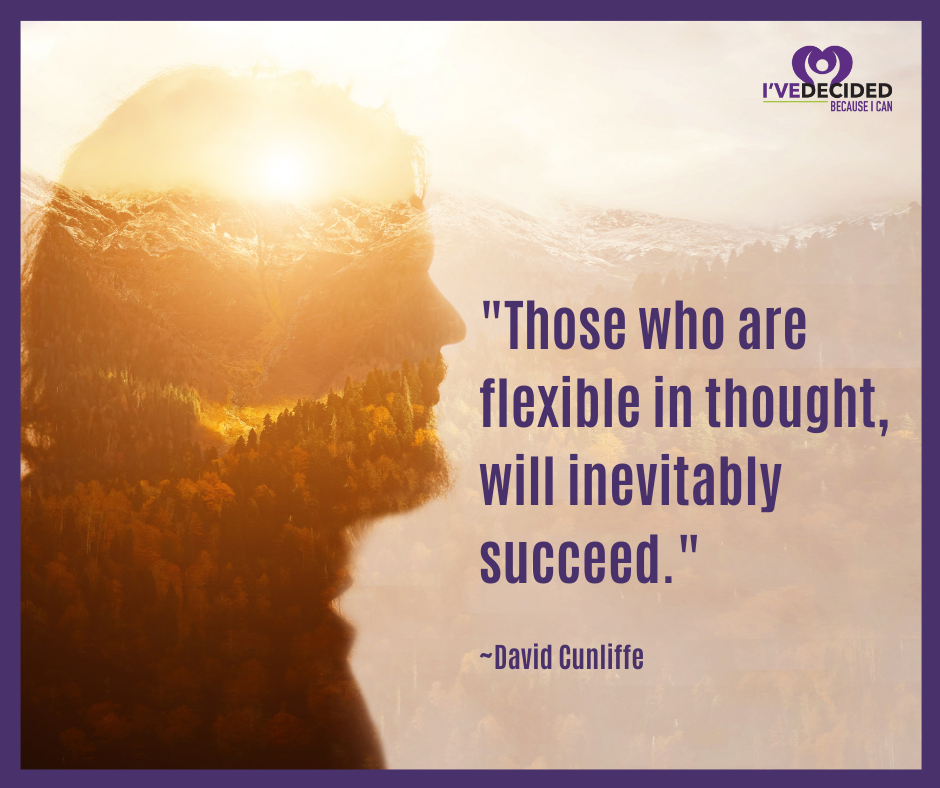Being flexible means to be ready and able to change to adapt to different circumstances. Being willing and able to adapt to changing environments and pivoting when life takes a sudden turn, can be a difference maker in your success. Having mental flexibility means you can respond quickly to changing ideas, responsibilities, expectations, trends, strategies, and other processes. It also means you can use your creative thinking and problem-solving skills.
Although this sounds great in theory, change can be very difficult for the average person. It is human nature to be more fixed in our mindset and stay within the boundaries of comfort. For most of us, it takes being intentional about having a growth mindset and being mindful of how willing and open we are to change. With work and persistent effort, any of us have the ability to improve our mental flexibility. Here are 3 ways that can be helpful in this process.
-
Be mindful of your vocabulary
Make an effort to stop saying negative and fixed mindset phrases. Science has confirmed the tremendous power that words have over our life. The words you speak not only reflect but shape your thoughts. So phrases like, “I can’t, or “I’m not”, can have way more of an impact over your mental flexibility than you could ever imagine. Speaking negative words over yourself can keep you stuck and not in a growing pattern. If you want to have more mental flexibility and be able to adapt quickly to any environment, work at positive phrases like, “I can”, I am able to”, I will, ETC… Being mindful of your vocabulary is a great way to being more emotionally flexible.
-
Take more risks
With great risk comes great reward. There is something to be said about this idea and too many times, it has proven true. Little progress is made without risk. For some, the idea of risk is so adverse that they will run from it as fast as they can, but taking risks is a key part of being flexible. Start small and to increase comfort, discuss risk taking as part of everyday conversations. While taking risk can lead to innovation, it can also lead to failure. Remember, failure is never final and some of the best lessons in life come from mistakes and failure. If you take a risk, the worse thing that can happen is that you will fail forward. Whether you take a risk and reap great reward or you take a risk and fail forward, it doesn’t matter. What matters is that you will learn to be more flexible and more open to change when it occurs.
-
Embrace personal development
What could have a greater impact on being more mentally flexible than learning something new? When you make personal development a part of your life, you will constantly be learning, growing, and becoming a better version of yourself. There really is no better investment that you can make than the investment in yourself. When you don’t improve, you are less likely to adapt to change, or be innovative with new ideas. It can be argued that personal development can be the most important thing you can do to promote quality mental skills like emotional flexibility.
If you are emotionally flexible, you will be able to learn more quickly, solve problems faster and more creatively, and adapt and respond to new situations more effectively.
Written by:
Kim Martin, Founder of I’ve Decided, INC.


